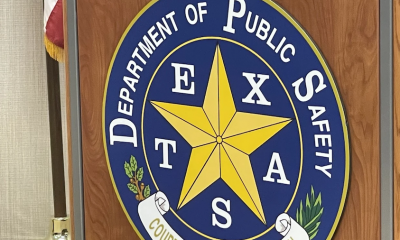COVID-19
Pfizer vs. Moderna: What’s different?
PLANO, TX – Pfizer versus Moderna–both of these COVID-19 vaccines offer similar effectiveness. Both have two dose requirements, the second dose occurring 3-4 weeks after the first dose. 13 News spoke with Melinda Joyce with Med Center Center as Joyce explains.
“They use the messenger RNA mechanism for causing the vaccine to be effective. Those [Pfizer and Moderna] are probably the two that are closest, and they have many of the same side effects,” said Joyce. “Between the two of those vaccines, there’s not a lot of difference. Probably what we’re seeing most is that the Moderna vaccine tends to cause a little bit more of side effects, particularly after the second dose in younger individuals.”
With social trending with #TeamPfizer and #TeamModerna, does there appear to be a trend on vaccine preference? Joyce says, not really.
“I don’t know if there’s really a preference, although I have heard people that will call when they make their appointment for their vaccine, and they’ll ask, what vaccine will I get? And when we tell them, Pfizer, we’ve had people say, ‘oh, that’s good.’ You know, I think, again, people are reading, I think they’re listening to news stories such as this, to make sure that they have good information. And so I do think there are people making informed decisions,” said Joyce.
With no extreme differences between the Pfizer and Moderna vaccine, what about the one dose Johnson & Johnson?
“The overall efficacy of the J&J vaccine is 65%. Now when I say that, you may immediately think, oh, well, then it’s not very good. And that’s not the case, because it is still an extremely effective vaccine. And it too is 100% effective, as far as preventing severe disease and hospitalization and death,” said Joyce.
Whichever vaccine you receive, they are all working similarly to get Kentucky and the nation back to normal.










